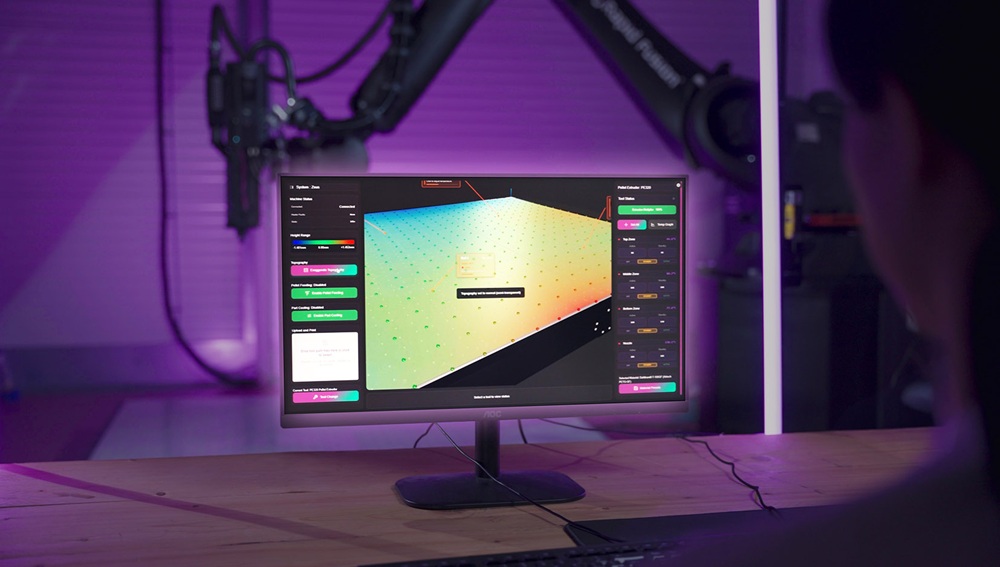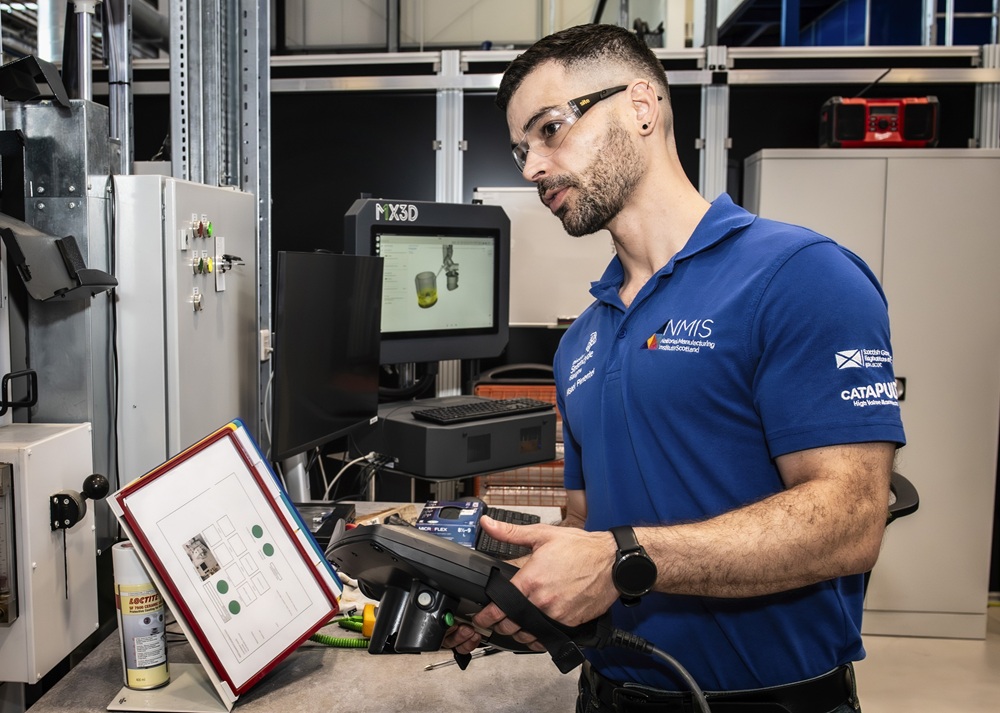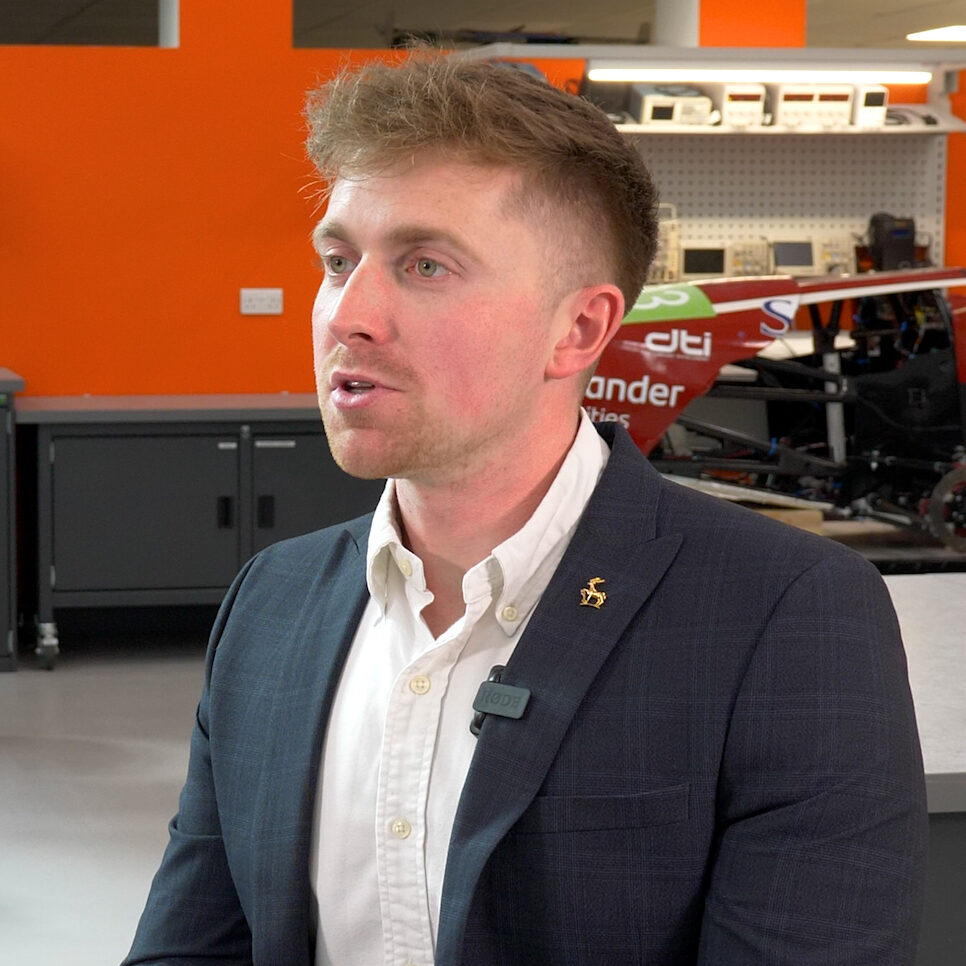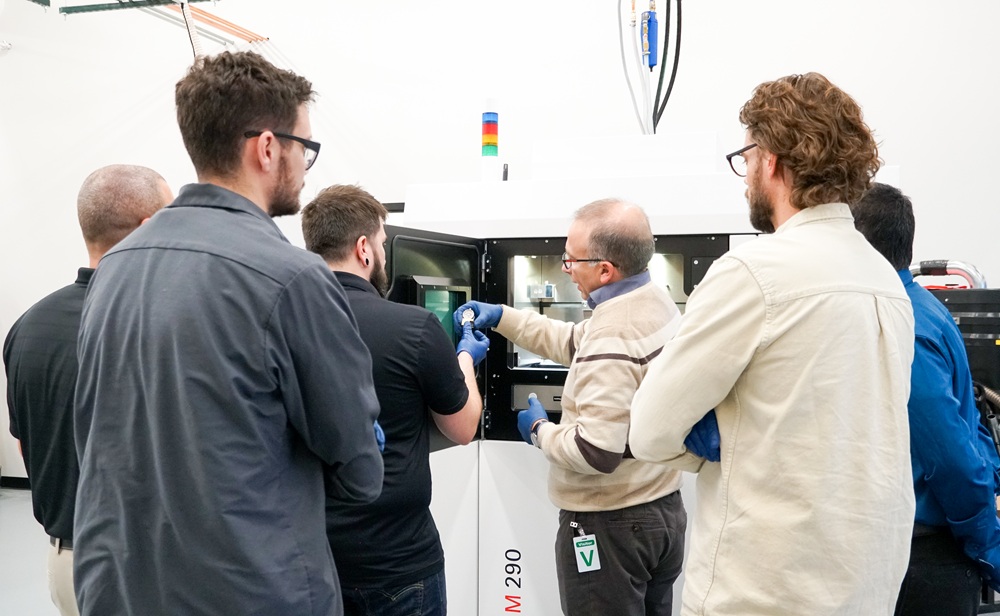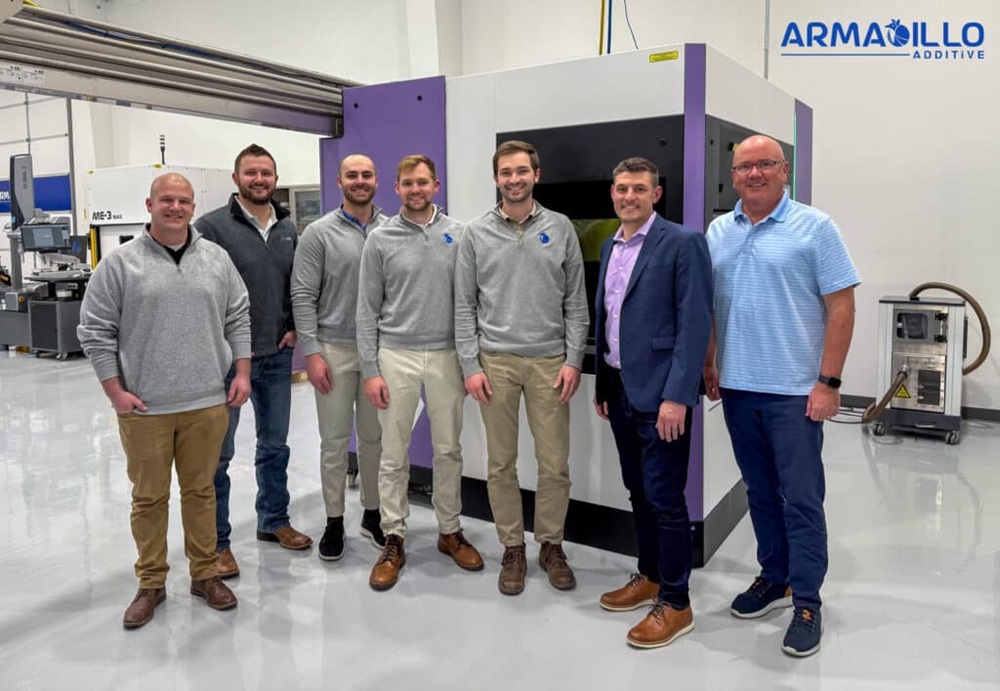Rapid Fusion has unveiled an AI print assistant that will help enhance the performance of its robotic additive manufacturing (AM) systems. Based in the southwest, the technology specialist’s team of developers leveraged the power of AI to optimise solutions for customers printing complex components for the automotive, aerospace, construction, medical and military sectors.
After eight months of coding, troubleshooting and various live tests, ‘BoB (Base of Build)’ is rolling out to existing clients and promising to optimise their robots by making them easier to use, providing greater operator control and ensuring less downtime through preventative maintenance.
The pre-loaded knowledge bank, anticipated to be one of the largest collections of 3D printing expertise ever created, functions in both secure online/cloud-connected and offline/air-gapped configurations for military or IP-sensitive clients. This works with Rapid Fusion’s existing models like Apollo and Zeus and for its most recent system, Medusa, the first UK-built large-format hybrid 3D gantry printer.
“There’s a lot of talk about how AI can transform the business world and numerous companies are jumping on the bandwagon,” explains Martin Jewell, CTO at Rapid Fusion. “It’s something we’ve been aware of from day one and all of our robotic AM systems have been built so that we can use AI to unleash the full potential of our technology.”
He continues: “Having our own AI print assistant is a gamechanger and will cut machine downtime and boost efficiency. We’re teaching our systems to understand challenges and different scenarios, which means we can make the user interface more responsive and simpler to embrace – opening it up to all the workforce. In essence, if we can make our systems as ‘plug and play’ as possible it means we’ll have more adopters.”
More information www.rapidfusion.co.uk






